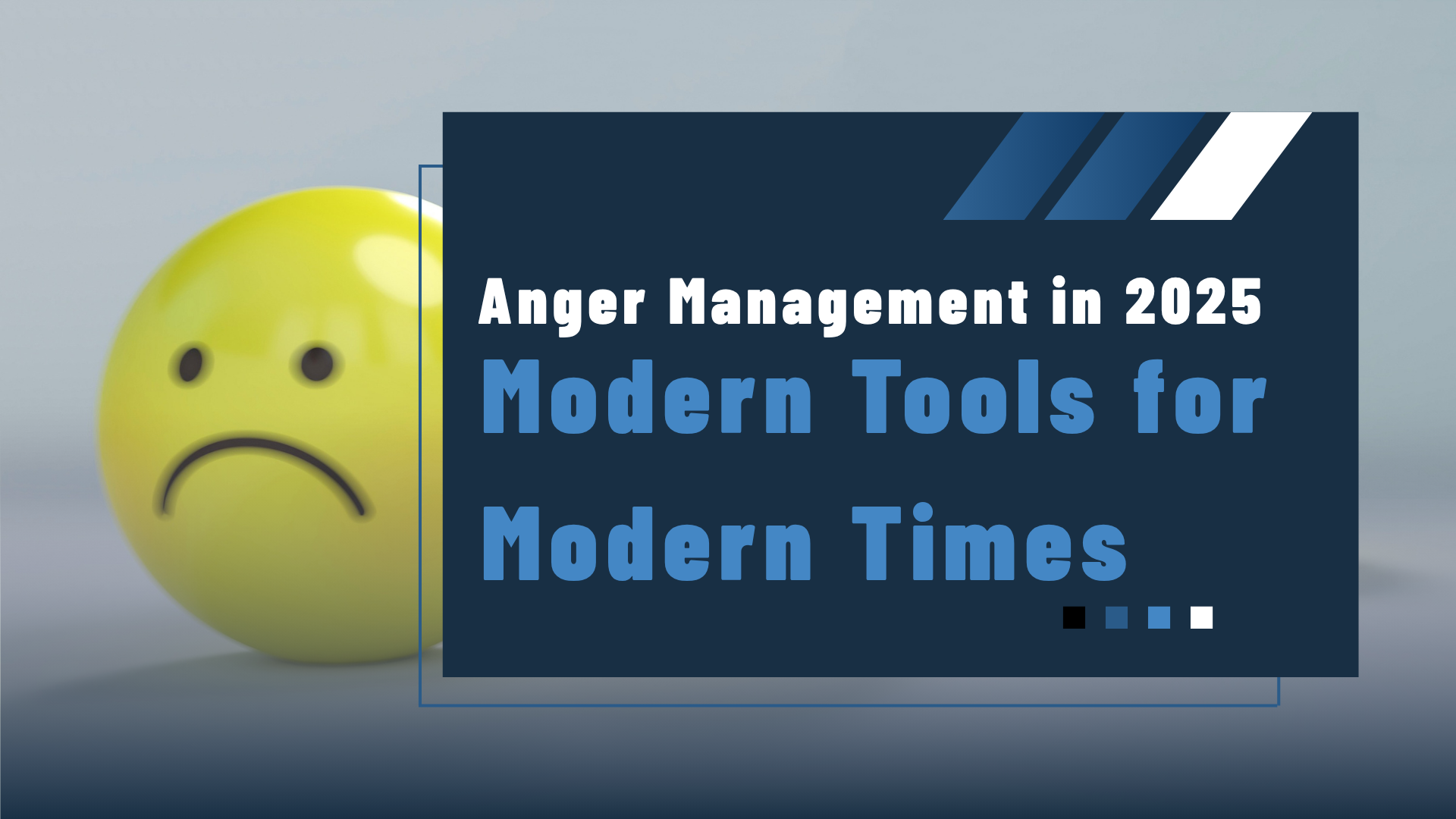In today’s hectic world, managing anger is crucial for both personal and professional achievements. Professionals like Hershel Korngut point out that unresolved anger can damage relationships, lower productivity, and become detrimental to mental well-being. Contemporary life constantly tests people with looming deadlines, online distractions, and social demands, which can lead to emotional outbursts. By 2025, anger management will be dependent on sophisticated tools and techniques that enable individuals to recognize triggers, control responses, and stop anger from interfering with everyday life.
Understanding Anger in the Contemporary Context
Anger is caused by frustration, unrealized expectations, or threats. Neglect of anger or keeping it bottled up usually results in undesirable behavior, say experts. Conventional techniques like mindfulness, meditation, and cognitive-behavioral therapy (CBT) continue to be useful but necessitate sustained effort. The demands of contemporary lifestyles include remedies that give instant feedback and real-world strategies.
Small irritations build up and induce sudden spikes in emotions. These patterns become the cornerstone of anger management in the modern era. Experts such as Hershel Korngut believe in becoming proactive, suggesting people watch out for mental as well as physical reactions to stress and act early before anger takes over.
Wearable Technology: Real-Time Feedback
Wearable technology today tracks heart rate, blood pressure, and other body signals for the early indications of anger. They warn people instantly and offer actionable instructions, including guided breathing, brief relaxation techniques, or vibration alerts.
These devices assist individuals in taking charge before anger impacts relationships with family, friends, or coworkers. Users become aware of individual triggers and minimize the risk of habitual emotional outbursts. Daily use over time improves emotional strength and encourages improved daily habits.
Mobile Applications and Digital Therapeutics
Mobile apps provide customized anger management courses. Artificial intelligence interpr ets behavior, monitors mood, and detects triggers. Apps then recommend effective ways to avoid escalation and enhance self-regulation.
For instance, if a person experiences stress in work meetings, the app can suggest micro-breaks, affirmations, or brief mental training. Professionals like Hershel Korngut emphasize that technology, coupled with self-awareness, yields long-term results. Users also receive an opportunity to track progress, look at patterns, and support favorable behavior.
Virtual Reality: Safe Practice
Virtual reality (VR) exposes the user to anger-provoking situations in a controlled way. Users rehearse responses in a safe setting, learn communication and problem-solving strategies, and enhance emotional regulation. VR makes theory real, enabling people to confront difficult situations calmly in the real world.
Social Support and Online Communities
Relationship with others continues to be crucial in anger management. Peer networks and online forums provide support, motivation, and accountability. Sharing experience eliminates feelings of loneliness, supports positive behavior, and encourages more healthy coping mechanisms regularly.
Conclusion
By 2025, anger management will integrate technology, psychology, and community networking to provide powerful solutions. Wearable technologies, AI-facilitated apps, VR therapy, and online communities empower individuals to recognize and manage their emotions actively. Experts like Hershel Korngut stress that contemporary tools make anger management realistic, tailored, and accessible, and enable individuals to cope with everyday challenges with self-assurance and poise.




